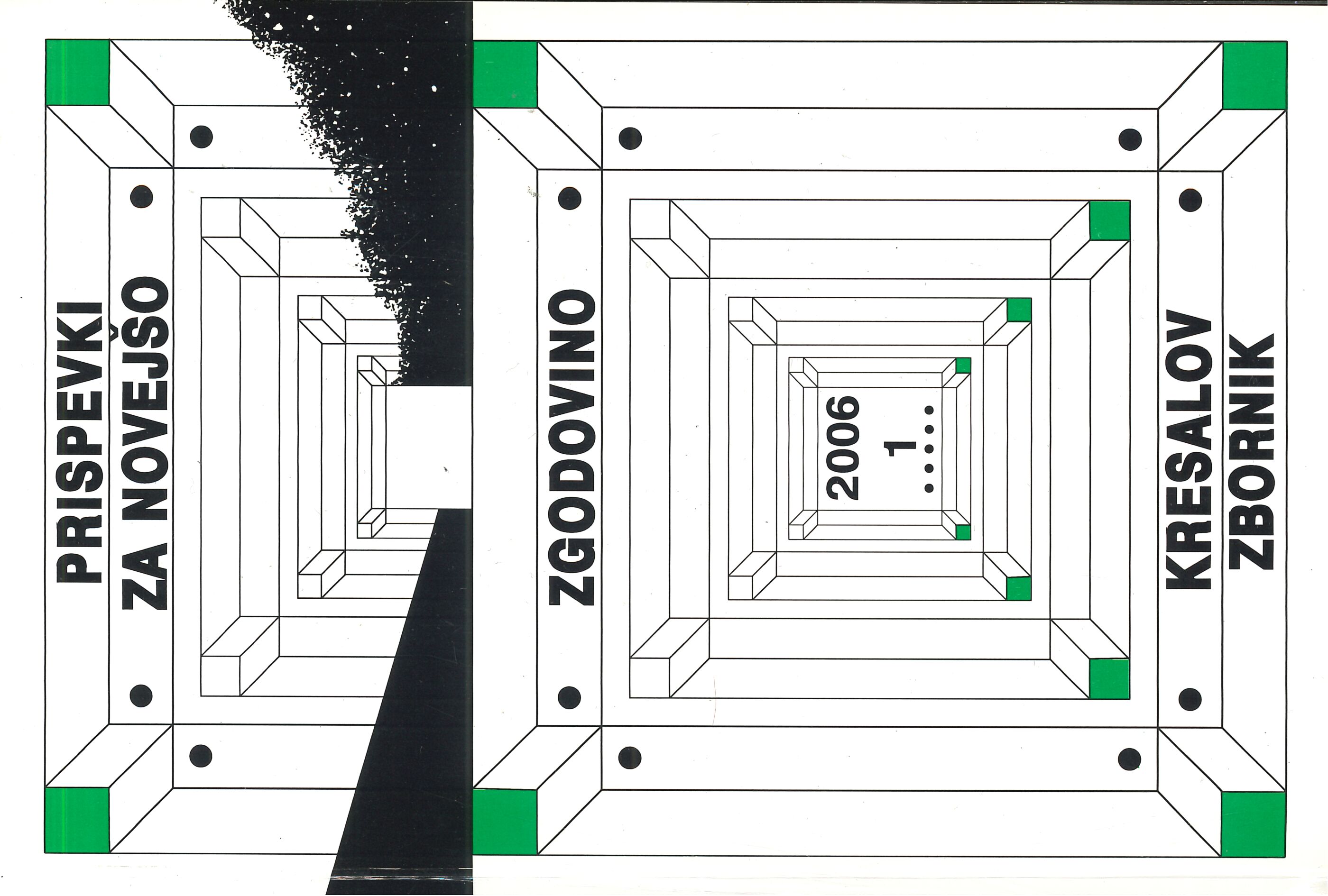A Storm in a Teacup?
Riots in Celje in 1899 as seen by the Czech Daily, Politik
Keywords:
politics, Austro-Hungarian Empire, interethnic relations, liberal-conservative differences, liberals, conservatives,Abstract
In 1899, inter-ethnic relations in the Austro-Hungarian Empire became very strained. In August that year, Czech students organized an excursion to some Slovene places provoking a sharp reaction among the local Germans. Things came to a head during their visit to Celje on 9 and 10 August. The events that accompanied the students' visit to Slovenia were recorded in the Prague daily, Politik. The paper reported warm welcomes in Kranj, Bled, Ljubljana and Postojna. Special attention was given to the events in Celje, involving the Czechs. Most papers in the Austro-Hungarian Empire covered the rioting by the Celje Germans during the visit of the Czech students. The papers in the German Reich also covered the events, since the German demonstrators in Celje openly called for the end of the Habsburg Empire and its annexation to Germany. Only direct participants were sentenced for the political slogans and the physical damage caused during the riots.
Downloads
Published
Issue
Section
License
Authors who publish with this journal agree to the following terms:
- Authors retain copyright and grant the journal right of first publication with the work simultaneously licensed under a Creative Commons Attribution License that allows others to share the work with an acknowledgement of the work's authorship and initial publication in this journal.
- Authors are able to enter into separate, additional contractual arrangements for the non-exclusive distribution of the journal's published version of the work (e.g., post it to an institutional repository or publish it in a book), with an acknowledgement of its initial publication in this journal.
- Authors are permitted and encouraged to post their work online (e.g., in institutional repositories or on their website) prior to and during the submission process, as it can lead to productive exchanges, as well as earlier and greater citation of published work (See The Effect of Open Access).


